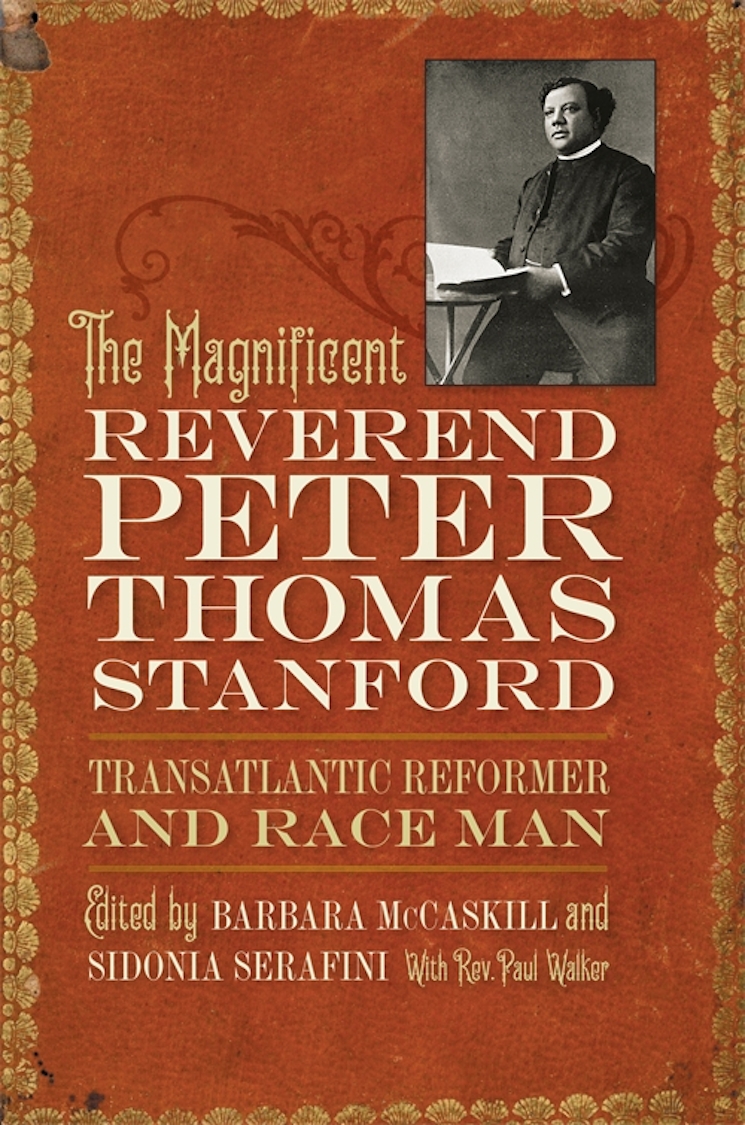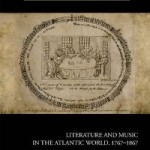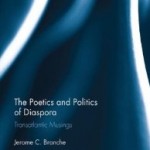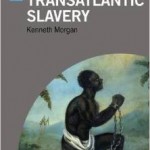Hardcover| $39.95| Published June 15, 2020| 312 pages | ISBN 9780820356556
From the press: “Born into slavery in Hampton County, Virginia, orphaned soon thereafter, and raised for almost two years among Native Americans, the charismatic Rev. Peter Thomas Stanford (c. 1860-May 20, 1909) rose from humble and challenging beginnings to emerge as an inventive and passionate activist and educator who championed social justice. During the post- Reconstruction era and early twentieth century, Stanford traversed the United States, Canada, and England advocating for the rights of African Americans, including access to educational opportunities; attainment of the full rights and privileges of citizenship; protections from racial violence, social stereotyping, and a predatory legal system; and recognition of the artistic contributions that have shaped national culture and earned global renown. His imprint on working-class urban residents, Afro-Canadian settlements, and African American communities survives in the institutions he led and the works that presented his imaginative, literate, ardent, and often comic voice.
With a reflection by Highgate Baptist Church’s former pastor, Rev. Dr. Paul Walker, this collection highlights Stanford’s writings: sermons, lectures, newspaper columns, entertainments, and memoirs. Editors Barbara McCaskill and Sidonia Serafini annotate his life and work throughout the volume, placing him within the context of his peers as a writer and editor. As an American expatriate, Stanford was seminal in redirecting antislavery activism into an international antilynching movement and a global campaign to dismantle slavery and slave trading. This book squarely inserts this influential thinker and activist in the African American literary canon.”





